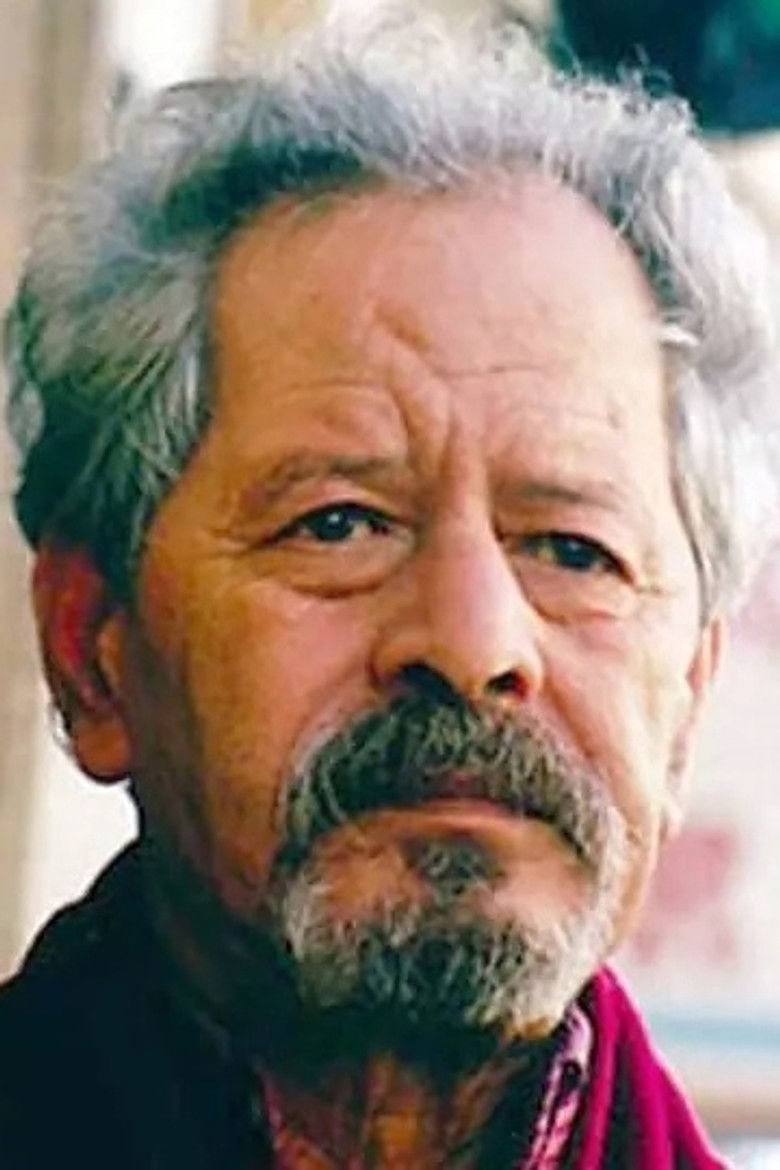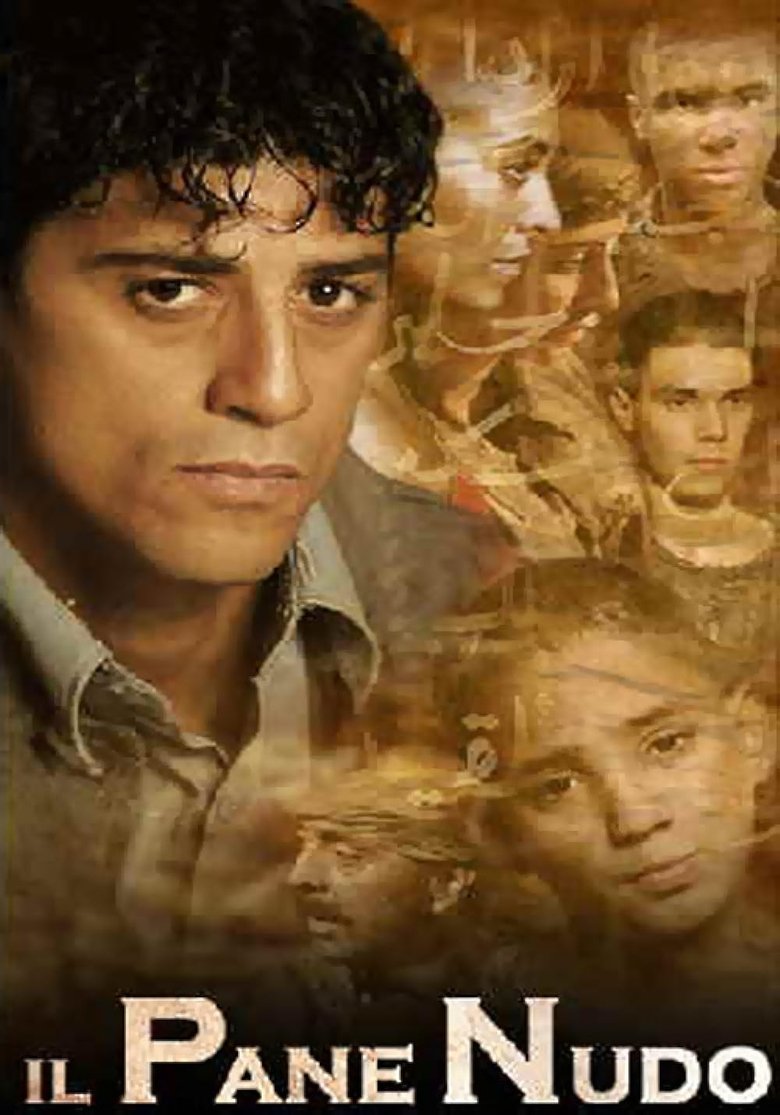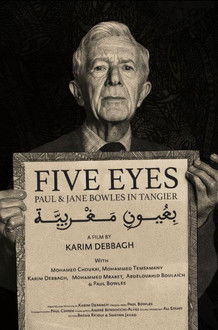Birthday:

Mohamed Choukri
Mohamed Choukri (1935–2003), was a Moroccan author and novelist. He is best known for his internationally acclaimed autobiography For Bread Alone (al-Khubz al-Hafi), which was described by the American playwright Tennessee Williams as "A true document of human desperation, shattering in its impact". Born in in Ayt Chiker, a small village in the Rif mountains in the Nador province, Morocco, Choukri was raised in an extremely poor family. He ran away from his tyrannical father and became a homeless child living in the poor neighbourhoods of Tangier, surrounded by misery, prostitution, violence and drug abuse. At the age of 20, he decided to learn how to read and write and went on to beome a schoolteacher. In the 1960s, in the cosmopolitan Tangier, he met Paul Bowles, Jean Genet and Tennessee Williams. Choukri's first work, a story entitled "Al-Unf ala al-shati" ("Violence on the Beach"), was published in 1966. International success came with the English translation of Al-khoubz Al-Hafi (For Bread Alone, Telegram Books) by Paul Bowles in 1973. The book was translated to French by Tahar Ben Jelloun in 1980, published in Arabic in 1982 and censored in Morocco from 1983 to 2000. The book later was translated into 30 languages. Mohamed Choukri died of cancer in 2003. He was buried at the Marshan cemetery in Tangier; the minister of culture, numerous government officials, personalities and the spokesman of the king of Morocco attended the funeral. Before he died, Choukri created a foundation that protects his copyrights, manuscripts and personal writings.
Birthday: July 15, 1935
Death: November 15, 2003


